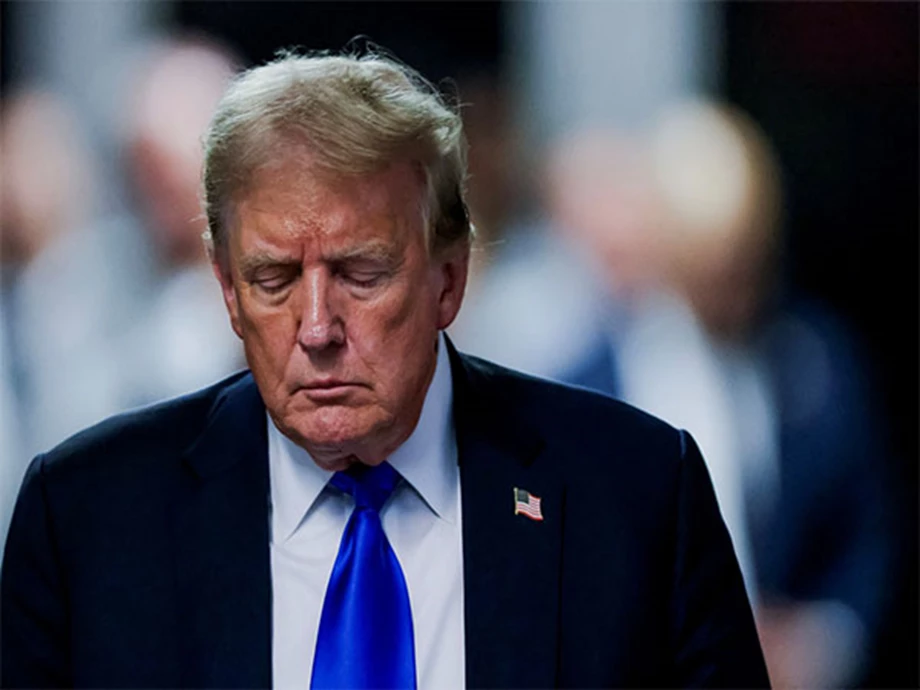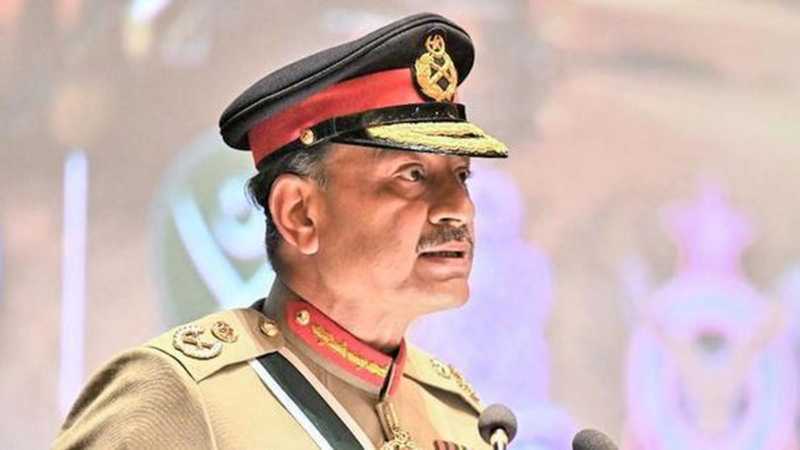A Double-Edged Sword for Middle East Politics

The re-election of Donald Trump heralds mixed reactions in the Middle East, notably among Palestinians. His past presidency showcased unwavering support for Israel and controversial policies undermining Palestinian statehood. Trump’s future policies may further complicate Middle East diplomacy, potentially risking global tensions.
The re-election of Donald Trump as the next US President has sparked a wave of mixed emotions across the Middle East, particularly among Palestinians, as they brace for how his policies could unfold. Drawing from his first term, Trump’s administration often showed unequivocal support for Israel, frequently bending diplomatic norms to advance controversial resolutions.
A key decision during Trump’s previous tenure was relocating the US embassy to West Jerusalem, a move that disregarded longstanding diplomatic conventions on Jerusalem’s status. Further actions included recognizing Israeli settlements in the West Bank and East Jerusalem as legal under international law, fueling further controversy.
As Trump enters his second term, Palestinians face an uncertain future. With Trump’s outspoken support for Israeli sovereignty plans and ultra-nationalist agendas, the outlook remains bleak for Palestinian aspirations of statehood. However, any drastic policies could potentially ignite a diplomatic backlash from the wider Arab world, reminiscent of historical oil embargos and international tensions.






